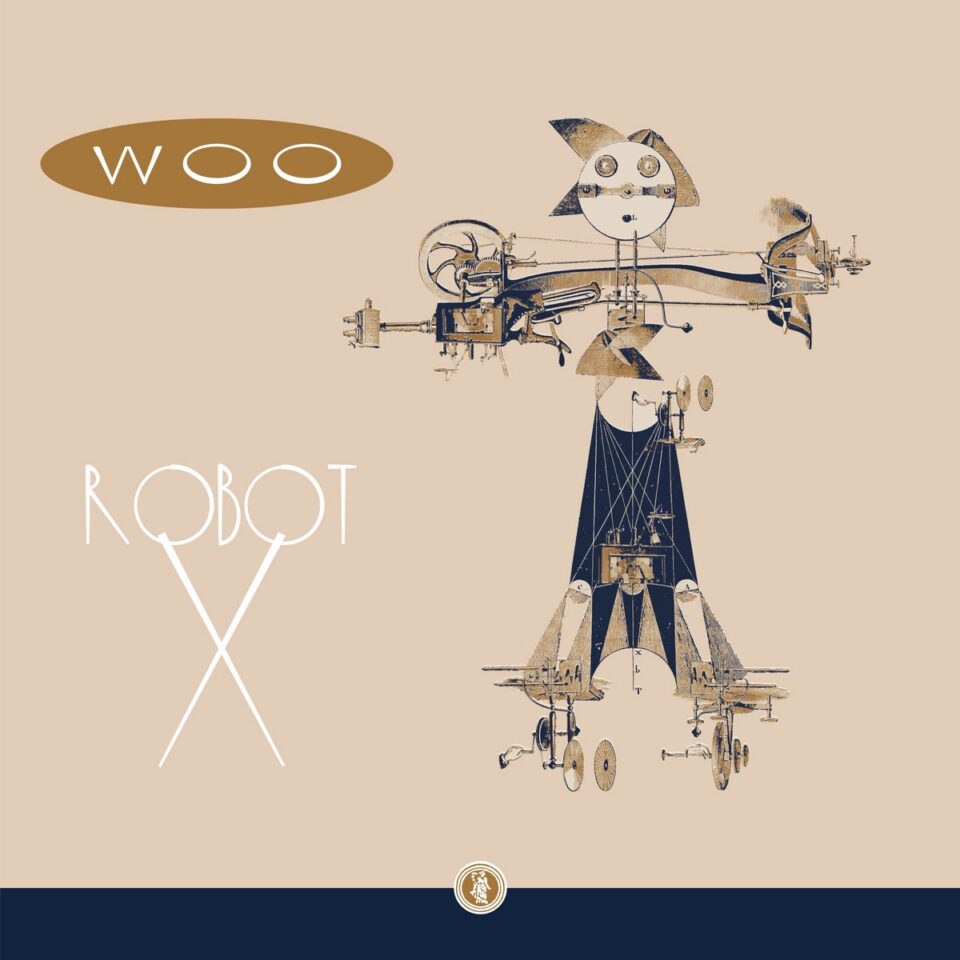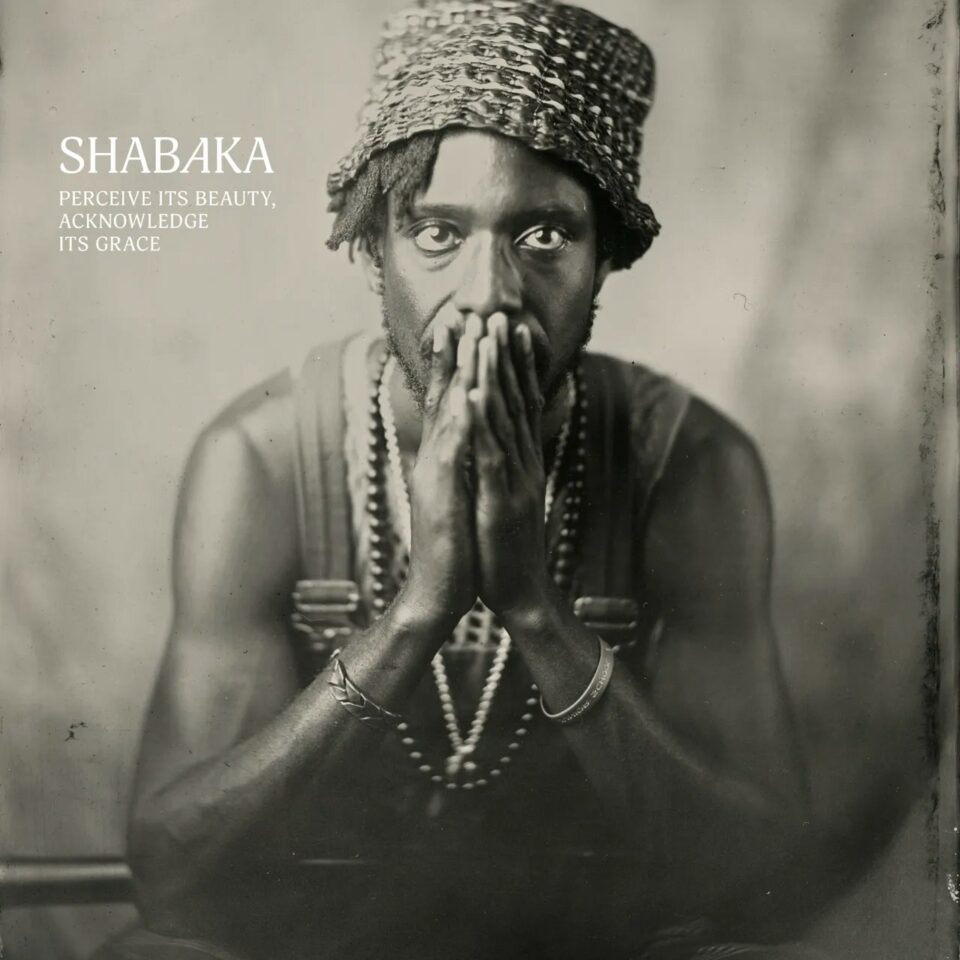Porter Robinson’s hotel room features a white noise machine. The twenty-two-year-old producer isn’t too keen on its options, among them, rain, crickets, wind, and large bursts of static. That is, until he begins sliding the dial around and remixing the canned sounds on the fly. He laughs as he goofs around with the device. It’s appropriate—Robinson’s cheerful wiliness to edit the world around him is what’s got him to where he is today.
Once viewed as EDM’s next great hope, the Chapel Hill, North Carolina–based musician transitioned from crafting tracks on a family computer at thirteen to spinning in clubs at eighteen. But the longer he worked at refining his craft, moving from emulating his favorite beat makers to developing his own style, the more Robinson came to realize something—he was not making the music he wanted to hear.
“To a growing musician, if you can just be like your favorite artist, everything will go great,” he admits. “But then you realize, when you get there, that lightning doesn’t strike twice. You realize that what was so great about your favorite artist is not these fifty things that you can copy, but their innovation and aspiration to make something new.”

photo by Ryan Loughlin
Focusing more on feeling, Robinson began crafting what would become his debut full-length Worlds. The album, released last August, teems with electronic tones and textures, sentimental ambient passages like “Sea of Voices,” sitting side-by-side with glitchy party pop tracks such as “Lionhearted.” (Although he swears that he wasn’t out to replicate anything, it’s easy to imagine what M83, Passion Pit, and The Postal Service mean to Robinson.) But perhaps, even more importantly than genre conventions, Worlds is an escapist piece of art, a brightly colored universe that—from the layered beats and textured sounds of the album to the intricate visuals of the live show—Robinson has designed from top to bottom.
“Fiction is totally a motif of the record,” Robinson says. “These places exist and they [also] aren’t real at all. But they feel real to you.”
Treat music and art like you’re creating a world, Robinson contends, and you can take listeners anywhere. He points to an online multiplayer video game he grew up with called Star Wars Galaxies as a major point of inspiration.
“I felt like I lived in it forever,” he says a bit wistfully. “It was really beautiful. Beautiful music, and these big endless worlds. Then, the game got shut down forever… It was a place that I was really emotionally invested in. Looking back, it’s kind of a romantic notion that this place that was really emotionally significant to me is gone and can never return. So this whole motif of world creation and destruction is significant. I think it comes up so often thematically with the record—the idea of places that only exist in your head.”
It’s the transportive quality to his music that attracted album guest Amy Millan, of Stars and Broken Social Scene. A reluctant collaborator—who, by her estimate, turns down almost ninety percent of offers—she was impressed enough by early demos to sing on standout Worlds single, “Divinity.”
“I feel the romance of it,” she says. “I hear Japanimation romance. I love it. It’s a beautiful record.”
It’s not just the romance of Japan, but the very essence of the country that had a hand in directing World’s space-age Harajuku girl sound. Robinson, a self-declared Japanophile, calls Tokyo one of his favorite cities on earth, listing it alongside Sydney and San Francisco as places he’d like to one day live. As a tribute to the country’s futuristic bent, among the album guests is AVANNA, a robot voice from the Vocaloid line that has sparked an active subculture. Robinson says he’s aware of AVANNA’s fan base, but says her appearance on album single “Sad Machine” is more about using her as a building block in his world than tapping into what she represents in real life.
“Naturally, we play games and read books and we have these places that exist to us,” he says, comparing the process of writing Worlds to cinematic storytelling. “When you watch a scene of a movie, you can see one or two shots of what the place looks like, right? You get two camera angles in one scene. But you extrapolate from that. You have this idea of what the whole realm looks like. I think of any beautiful scene in a movie. You experience it for forty-five seconds, maybe, but in your mind it’s a whole place that exists. That capacity that we have, that’s really inspiring to me… It’s a very modern experience, to feel convinced of a place that’s not real.” FL









